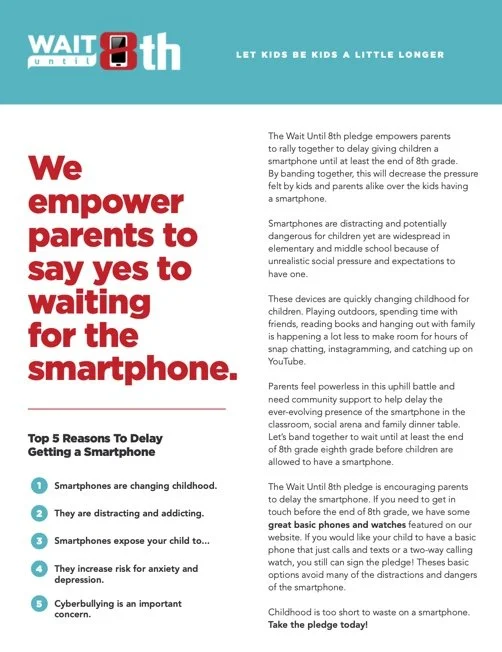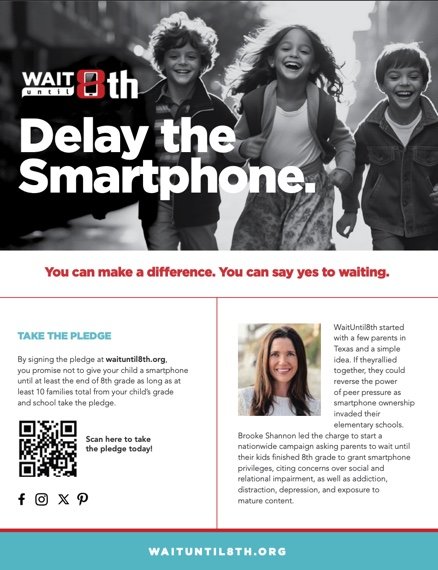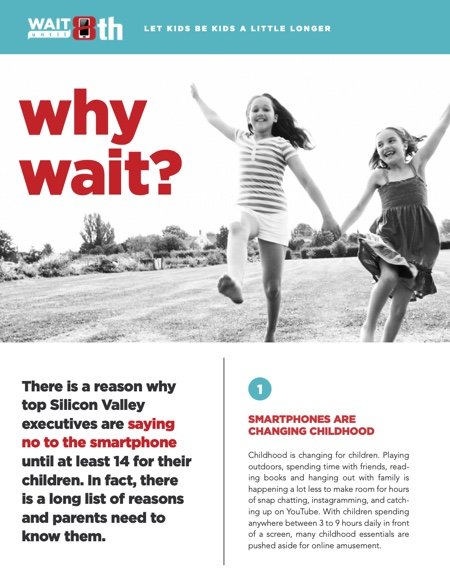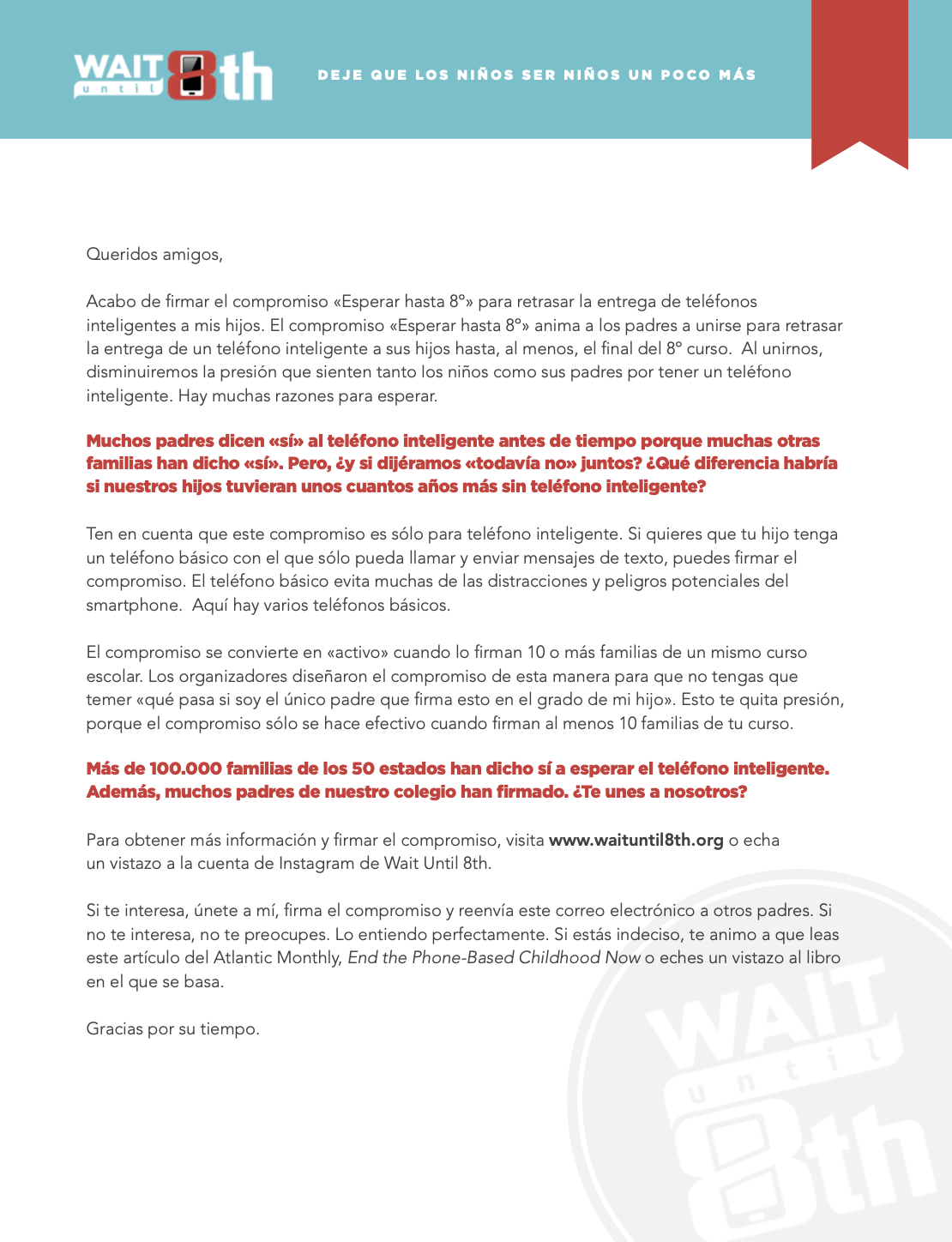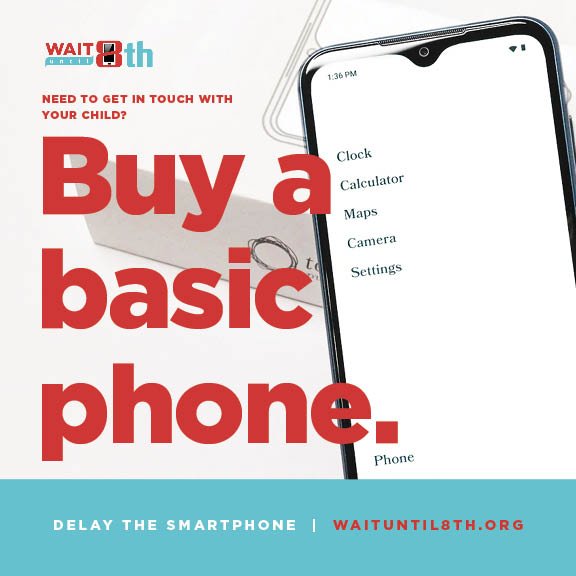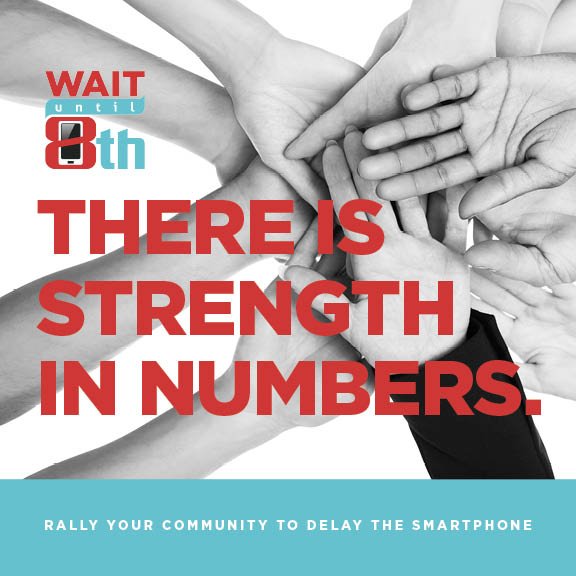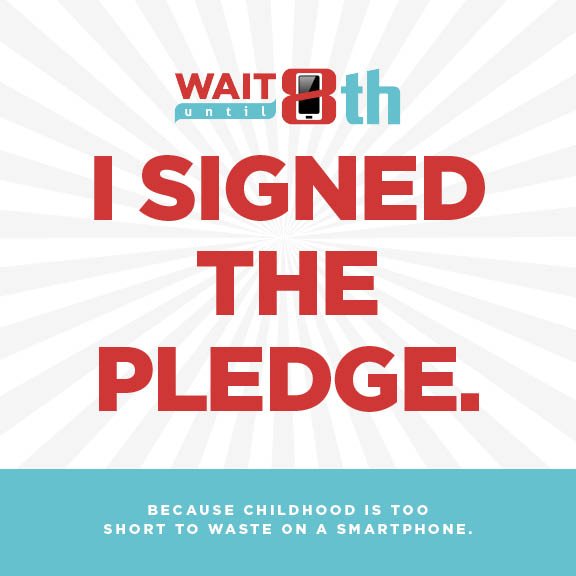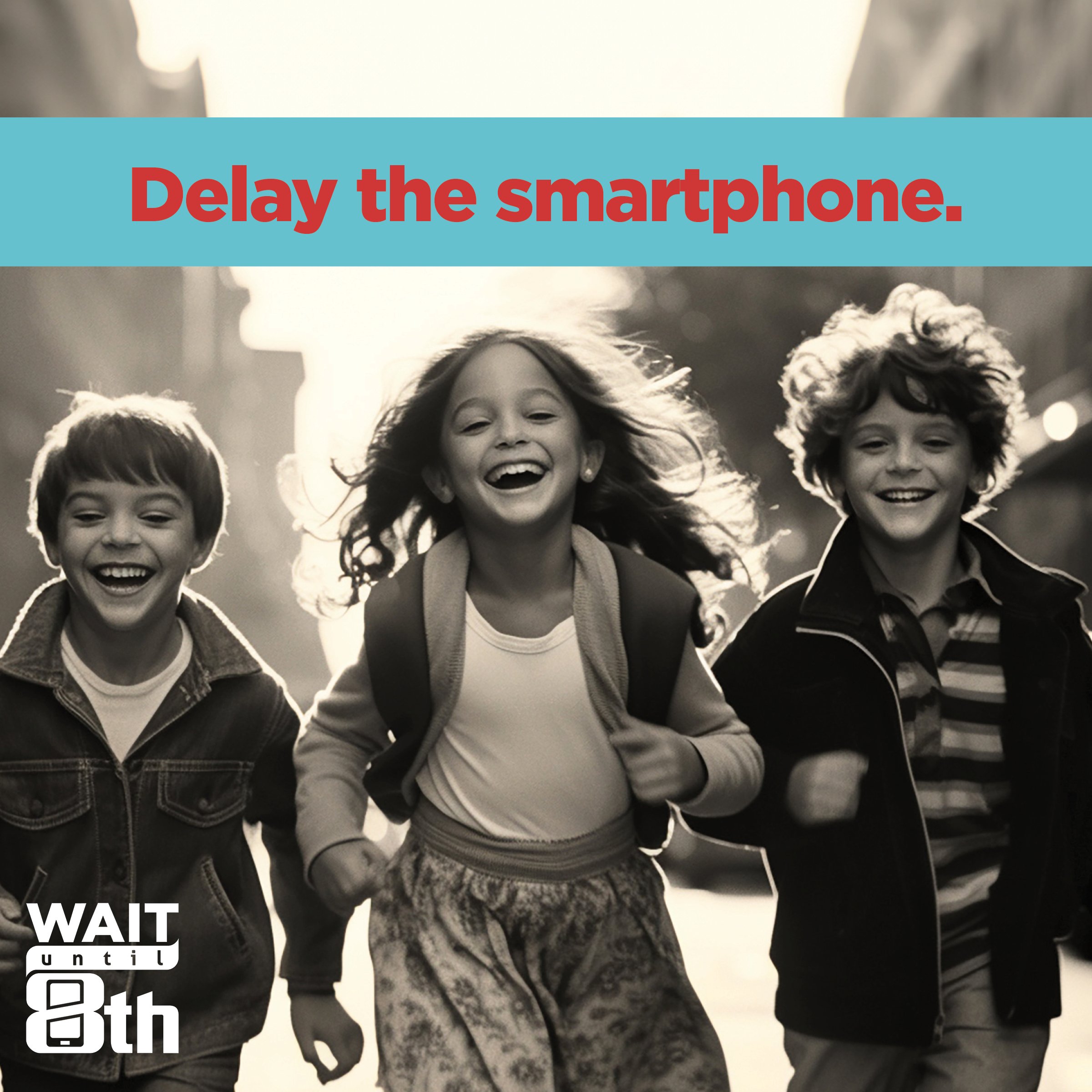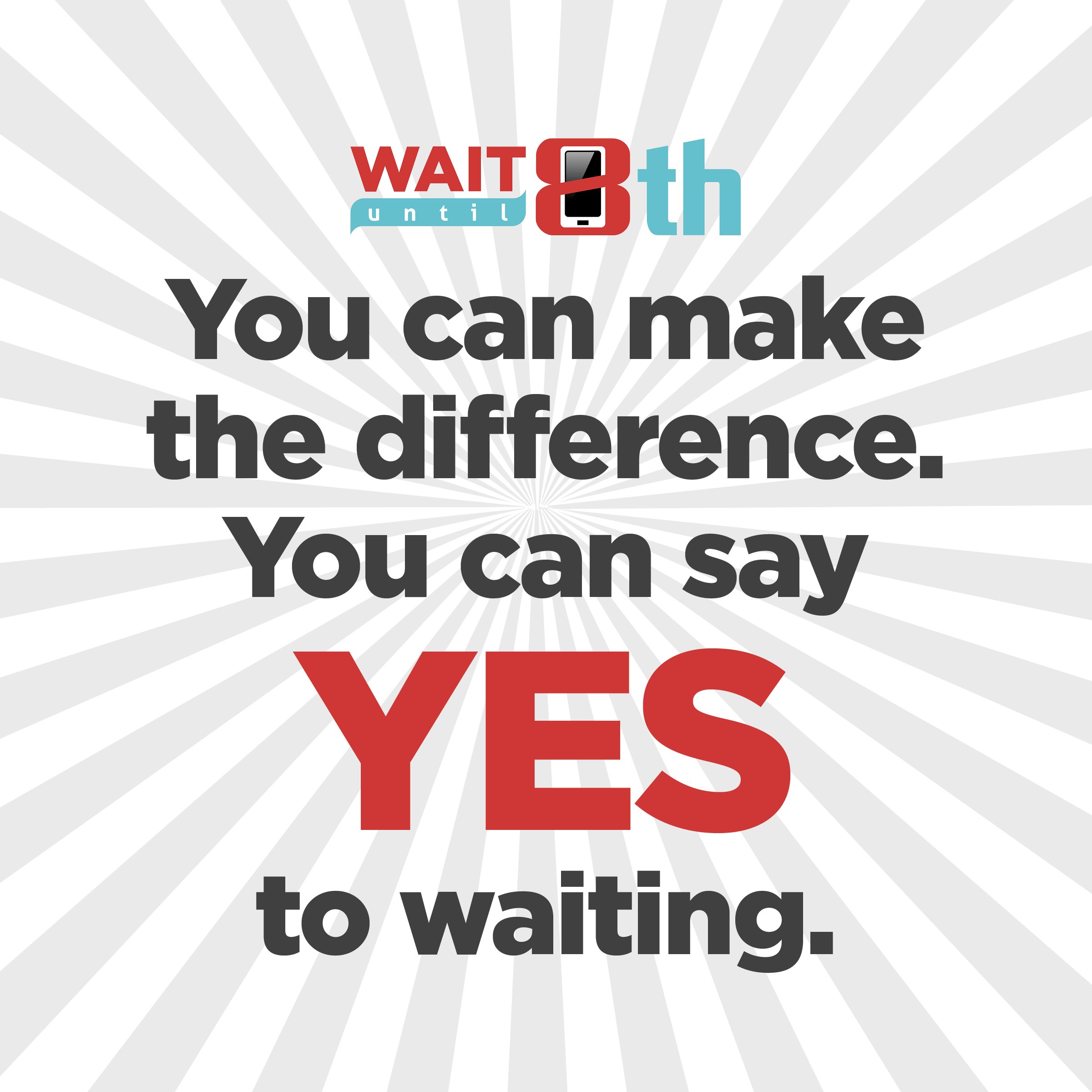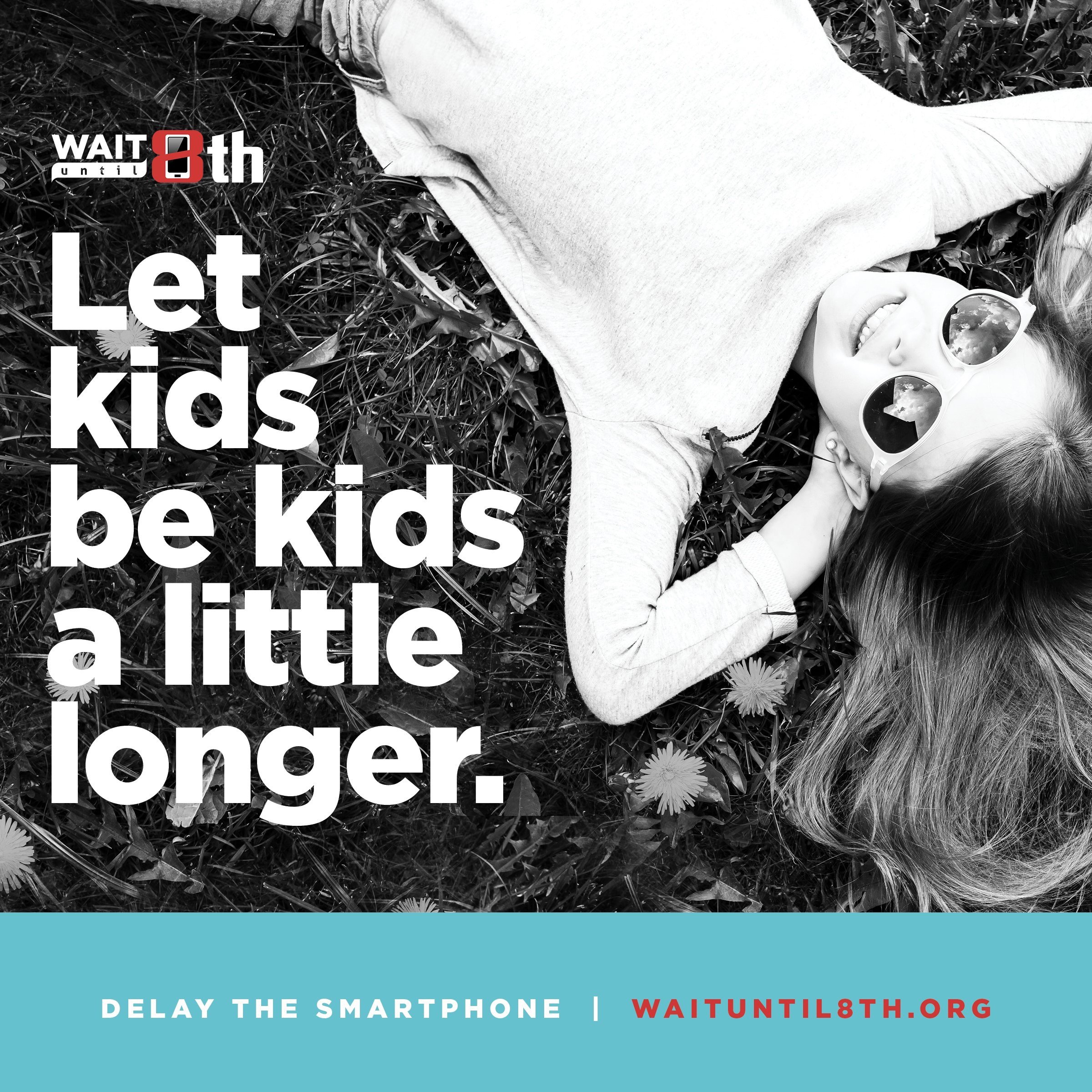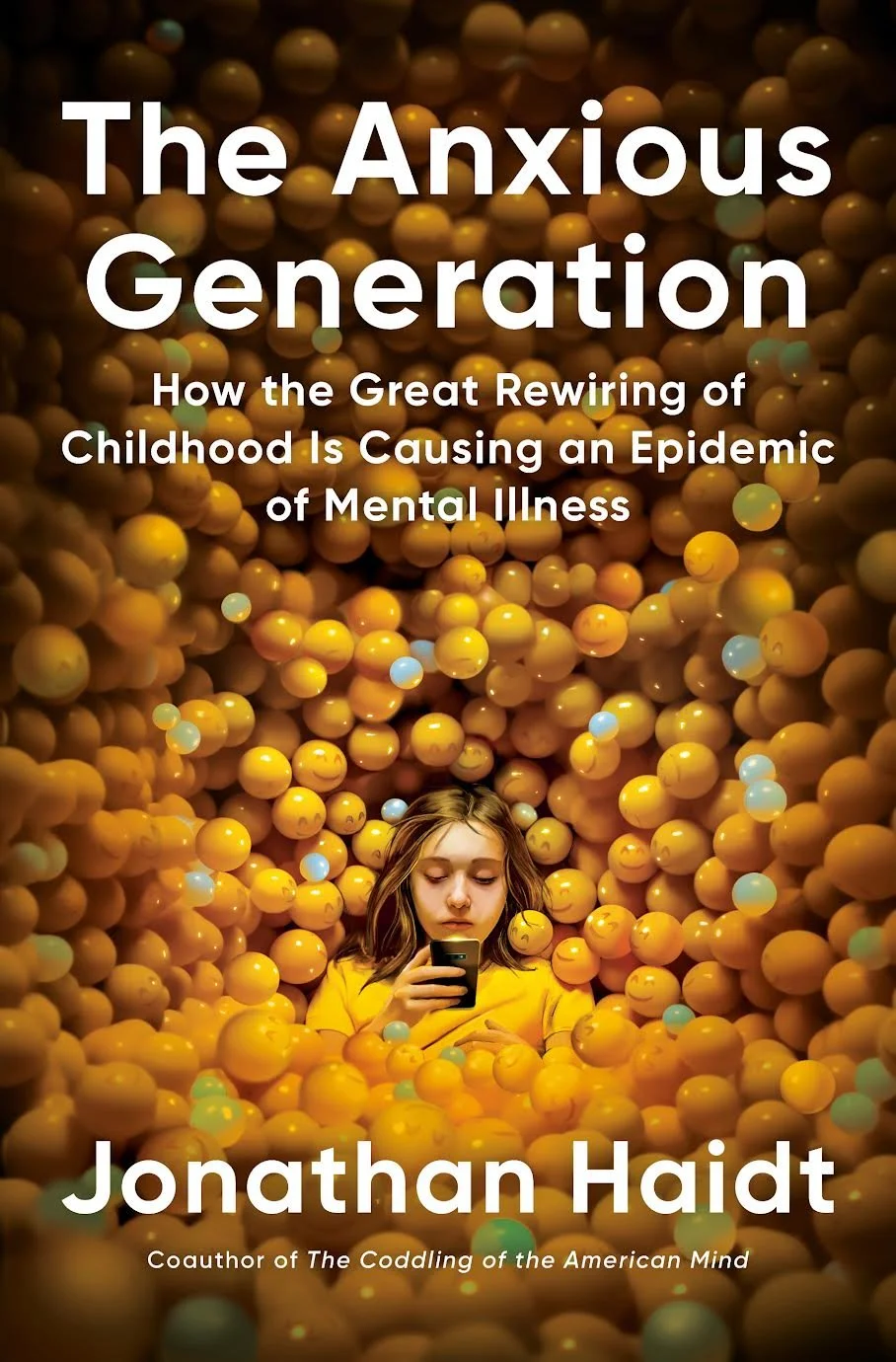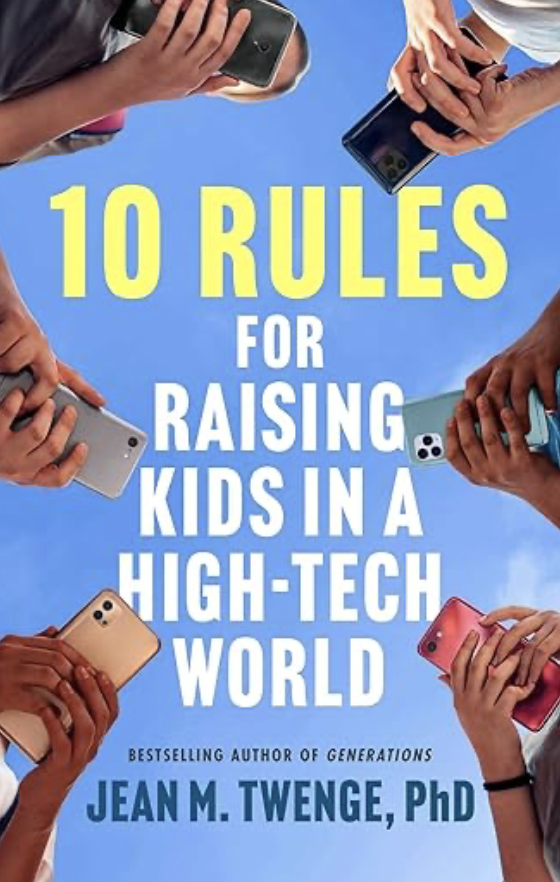How do you start the Wait Until 8th pledge in your community?
The first step to start the pledge at your school is to take the pledge. Any parent can start or join the pledge at any time. All you have to do is sign here, and our organization will organize your pledge by your child’s school. By signing the online pledge, you promise not to give your child a smartphone until at least the end of 8th grade as long as at least 10 families total from your child’s grade and school pledge. After you sign the pledge, you will receive a welcome email from Wait Until 8th.
The pledge is anonymous until the pledge becomes active. Once 10 or more families from the same grade and school sign, then the pledge becomes "active," and you will be notified along with the other parents who have signed from the grade in a group email. At this point, the pledge is not anonymous and you know the other families on board. It helps to know the other families you are waiting with on this big issue. Your pledge is not posted anywhere or made known publicly. The only other people who know you have signed the pledge are the parents from your child's grade and school, and ONLY IF you have an active pledge.
Once 10 parents from your child's grade and school sign the pledge, Wait Until 8th will send a group email to the families who have signed. As more families join an active pledge, we will update your group. We strive to do this at least once a week as new people join the pledge.
Champion the pledge
You are fired up! You just signed the pledge and you are ready to champion Wait Until 8th in your community. Your voice is so important in fueling momentum for the pledge at your school and beyond. We want to support you in your local outreach. Here is a quick start guide for championing the Wait Until 8th pledge in your school community!
Start the Conversation. Change the Norm.
Talking to other parents about waiting on smartphones can feel awkward—but it’s also incredibly powerful. This article walks you through how to lead with empathy, avoid judgment, and share your concerns with confidence. You’ll find thoughtful conversation starters and reminders that you’re not alone in this—and that every conversation matters in creating a childhood less defined by screens.
Start Small
If taking this issue to your entire school community feels overwhelming, that’s okay! We recommend you start small. Grab a friend or two and ask if they have heard of the Wait Until 8th pledge. Share with them why you have signed it and ask if they might be interested in helping bring the pledge to your school community.
Spread the Word
Once you have a wingman, it’s time to spread the word. Here are a few possible communication channels:
If you have access to a school directory, use the email template below to share information about the pledge. The quickest and most effective way to get an active pledge is to email all the parents from your child’s entire grade. We recommend when sending the group email to blind copy all of the parents. This avoids lots of back and forth over group email.
If you don’t have access to a directory, ask your PTO/PTA to help you share information about Wait Until 8th. Let them know that you are willing to champion this effort; all you need is their help being a communication channel for information and events. If your PTO/PTA is interested in a higher level of support, they also could rally your community by sending pledge updates to the school community periodically.
Check with your school’s principal as well to see if he or she would be willing to distribute an email about the pledge. We have a sample letter you are welcome to share with your principal here along with sample letters your school’s principal can share with parents.
If you are hitting walls with the school and the PTO and don’t have access to the school directory, start with the people you know! Gather the email addresses you have and start from there. Rally your friends to reach out to their circles as well about the pledge.
Of course, not everyone you contact will be moved to make this decision. You will be amazed though by the number of people who will respond with a “Thank you—I am so glad I am not alone!”
Share this email
Dear friends,
I just signed the Wait Until 8th pledge—and I wanted to invite you to consider it too.
The idea is simple but powerful: hold off on giving our kids a smartphone until at least the end of 8th grade—and do it together.
These days, many kids are getting smartphones as early as 4th or 5th grade. For some families, that timing works—but for others, it feels a bit too soon. Still, it can be hard to hold off when it seems like everyone else is saying yes. The Wait Until 8th movement helps families say “not yet” together. This gives our kids a few more years to grow, play, and build real-world connections without the added pressure and distractions that come with smartphones.
One of the best parts of the pledge is how it harnesses the power of community. It only becomes active once 10 or more families in the same grade at a school sign on. That means you’re not doing it alone—and neither is your child. The pledge helps connect families who want to wait. It turns what can feel like an isolated decision into a shared movement.
More than 145,000 families from across the country have already said yes to waiting. Will you join us?
Learn more and sign at www.waituntil8th.org .
If this speaks to you, sign the pledge—and feel free to forward this email to other parents.
If it’s not the right fit, no problem at all. But if you’re on the fence, I encourage you to check out the Anxious Generation by Jonathan Haidt.
Thanks for considering this,
[Your Name]
Text 5 Friends today about the pledge
Use this text message to help spread the word in your community.
Hey! I just signed the Wait Until 8th pledge—it’s a way for parents to delay giving kids smartphones together until at least the end of 8th grade. It only kicks in once 10 families in the same grade sign, so you’re not doing it alone. It’s for smartphones only—you can still get a basic phone or watch for your kid if you need to get in touch sooner. Check it out: www.waituntil8th.org. Let me know what you think!
STart your own local Wait Until 8th chapter
Some communities are starting their own local Wait Until 8th Chapters to connect with parents in their community around this important issue. Learn more about local chapters here. If you are interested in a custom local Wait Until 8th logo, please email us.
Spread the word with Wait Until 8th Merchandise
Show your support for Wait Until 8th by sporting our latest merchandise. We have shirts, hats, mugs, stickers, yard signs, posters and banners to help you spread the word about Wait Until 8th!
This store was thoughtfully created and is managed by one of our amazing local chapter volunteers. While we’re thrilled to offer these products, we don’t handle production or fulfillment directly. For any questions about your order or quality, please reach out to the store’s operator through their contact info on the site. Visit the merchandise store here.
Resources to Print to Share
Spanish Resources to Print
Gather Your Community
Parents in your community might have questions, concerns, or barriers they need to voice before they can commit to taking the pledge. Or they might just prefer face-to-face conversations! Either way, Wait Until 8th gatherings can be a great place for parents to lock eyes with this issue and link arms with each other. Parents across the country are coming together to discuss parenting in a digital age, and how best to put healthy boundaries in place. Moms and dads are organizing coffees, lunches, PTO meetings and community events to share the Wait Until 8th pledge.
Consider hosting a gathering for parents. It can be a simple coffee with several interested parents or a larger event such as presenting at a PTO meeting or spearheading a community forum. Share this video about Wait Until 8th or consider pairing it with viewing the Social Dilemma or Childhood 2.0 together followed by a parent discussion. However big or small your event is, often times inviting friends to come to the table to learn about the pledge ushers in more champions for the cause.
Please note Wait Until 8th’s Founder, Brooke Shannon, does a very limited number of speaking engagements for a speaking fee. Please contact us if you would like more details.
share with your social circles
A quick way to spread the word about the Wait Until 8th pledge is through social media posts. Share the good news today about the Wait Until 8th pledge with your family and friends by easily downloading one of our social media photos. Be sure to tag Wait Until 8th too in your post!
Posters
Spread the word about the Wait Until 8th pledge with one of our posters and other downloadable materials. Display the poster in your school, church or office. Healthcare professionals also like to use these posters to educate their patients about the importance of delaying the smartphone!
expand your knowledge on the issue
One of the best ways to advocate for your children is to learn how to navigate the digital world of parenting. These books and articles are excellent reads overflowing with important information and parenting tips. Gather some friends to read and discuss one of them and see where the conversation leads!
From New York Times bestselling coauthor of The Coddling of the American Mind, The Anxious Generation is an essential investigation into the collapse of youth mental health-and a plan for a healthier, freer childhood.
After more than a decade of stability or improvement, the mental health of adolescents plunged in the early 2010s. Rates of depression, anxiety, self-harm, and suicide rose sharply, more than doubling on most measures. Why?
In The Anxious Generation, social psychologist Jonathan Haidt lays out the facts about the epidemic of teen mental illness that hit many countries at the same time. He then investigates the nature of childhood, including why children need play and independent exploration to mature into competent, thriving adults. Haidt shows how the *play-based childhood" began to decline in the 1980s, and how it was finally wiped out by the arrival of the "phone-based childhood" in the early 2010s. He presents more than a dozen mechanisms by which this "great rewiring of childhood" has interfered with children's social and neurological development, covering everything from sleep deprivation to attention fragmentation, addiction, loneliness, social contagion, social comparison, and perfectionism. He explains why social media damages girls more than boys and why boys have been withdrawing from the real world into the virtual world, with disastrous consequences for themselves, their families, and their societies.
Most important, Haidt issues a clear call to action. He diagnoses the "collective action problems" that trap us, and then proposes four simple rules that might set us free. He describes steps that parents, teachers, schools, tech companies, and governments can take to end the epidemic of mental illness and restore a more humane childhood.
Be the Parent, Please is a must-read for any parent fumbling around in this digital world of parenting.
Toddlers on tablets. Pre-teens on Tumblr. Thanks to a variety of factors—from tech companies hungry for new audiences, to school administrations bent on making education digital, to a culture that promotes everyone as the star of their own reality shows—technology is irrevocably a part of childhood, and parents are struggling to keep up. What should be allowed? What should be denied? And, given the ubiquity of technology and its inherent usefulness, what do sensible boundaries even look like?
A noted columnist and mother of three, Naomi Schaefer Riley fully understands the seductive nature of screens. Riley gives parents a wakeup call to put healthy boundaries in place when it comes to technology and kids.
Wired Child is a practical guide to building your child’s bond with family and fostering school success amid the allure of digital screens. Kids’ obsessive use of video games, social media, and texting is eclipsing their connections with family and school—the two most important contributors to their well-being. The result: a generation of kids who suffer from soaring rates of emotional and academic problems, with many falling prey to an epidemic of video game and internet addictions.
Wired Child gives you the confidence and skills you need to safely navigate your children through a rapidly shifting media landscape. Dr. Freed offers concrete parenting strategies that will help you create the strong family kids need and encourage their school success. You’ll also learn how to protect kids from destructive tech addictions, and instead guide them to use technology productively as a positive force for their future.
Bestselling author Jean Twenge provides the much-needed playbook parents have been asking for. Drawing on her decades as a psychologist studying the impact of technology and mental health and her personal experience as the mother of three teenagers, Twenge offers ten actionable rules for raising independent and well-rounded children. From setting “No Social Media Until 16” boundaries to creating no-phone zones like bedrooms and family dinners, these rules are grounded in evidence yet simple enough to incorporate into any family routine. Short, empowering, and timely, this book equips parents with the tools to combat not just immediate harms such as online bullying but also helps to nurture essential life skills, preparing kids and teens to become autonomous adults.
In The Atlantic article, Have Smartphones Destroyed a Generation, Dr. Jean Twenge points to a growing body of evidence suggesting that extensive smartphone use among teens is driving today’s youngest generation to “the brink of a mental health crisis.” She warns that “the twin rise of the smartphone and social media has caused an earthquake of a magnitude we’ve not seen in a very long time, if ever. There is compelling evidence that the devices we’ve placed in young people’s hands are having profound effects on their lives—and making them seriously unhappy.” Every parent should read this article to have a better understanding of the detriemental impact smartphones are having on children.
In the Big Disconnect, clinical psychologist Catherine Steiner-Adair takes an in-depth look at how the Internet and the digital revolution are profoundly changing childhood and family dynamics, and offers solutions parents can use to successfully shepherd their children through the technological wilderness. Families are in crisis as they face this issue, and even more so than they realize. Not only do chronic tech distractions have deep and lasting effects but children also desperately need parents to provide what tech cannot: close, significant interactions with the adults in their lives. Drawing on real-life stories from her clinical work with children and parents and her consulting work with educators and experts across the country, Steiner-Adair offers insights and advice that can help parents achieve greater understanding, authority, and confidence as they engage with the tech revolution unfolding in their living rooms.
We’ve all seen them: kids hypnotically staring at glowing screens in restaurants, in playgrounds and in friends' houses—and the numbers are growing. Like a virtual scourge, the illuminated glowing faces—the Glow Kids—are multiplying. But at what cost? In Glow Kids, Dr. Nicholas Kardaras examines how technology has profoundly affected the brains of an entire generation. Brain imaging research is showing that stimulating glowing screens are as dopaminergic (dopamine activating) to the brain’s pleasure center as sex. And a growing mountain of clinical research correlates screen tech with disorders like ADHD, addiction, anxiety, depression, increased aggression, and even psychosis. Kardaras dives into the sociological, psychological, cultural, and economic factors involved in the global tech epidemic with one major goal: to explore the effect all of our shiny new technology is having on kids.
Thank you for championing the pledge!
Be sure to come back to our website for new ideas and resources. We want this to be a robust support center to help you rally your community! We are honored to link arms with you, and excited to watch your community rally together to give your kids a longer childhood!
